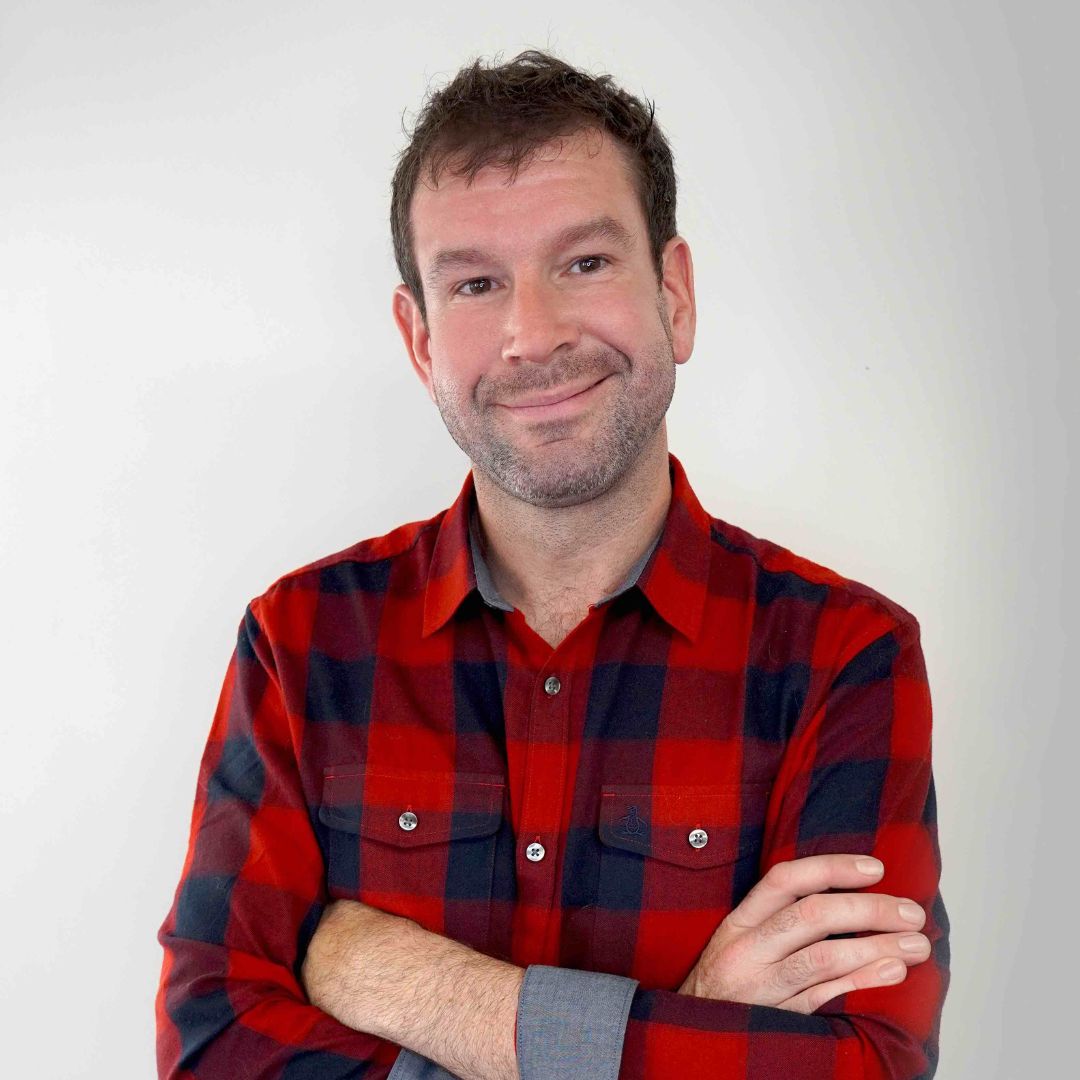I'm Thomas Gagen, Creative Director here at iAM, and I’ve got my political and creative-diva knickers in a twist (am I allowed to say that?). Lately, there’s been a hell of a backlash around the sanitisation of the works of Roald Dahl after the removal of some references to things like characters' appearance and weight. It’s sparked a fierce debate. Even our currently elected PM said works of fiction should be "preserved and not airbrushed". According to the Telegraph newspaper, Augustus Gloop, from the book Charlie and the Quinoa, sorry, Chocolate Factory, is now described as "enormous", previously described as "fat". Fat has been removed from every book.
I mean, c’mon. Isn’t that the point? Augustus is supposed to be overweight because he’s a greedy sod. And that greed (spoiler alert) is why he isn’t suitable as the owner of the Wonka chocolate factory. Where’s the bloody logic? But that isn’t entirely what this article is about. It’s a stark warning to anyone who writes stories or wants to write them. Let me explain what I mean.
I’m a storyteller myself, so, of course, I write stories – fun ones. My stories are spiky, rebellious, and adventurous. Sometimes they are risky and just a little bit on the naughty side. But risky and edgy is appealing. All these factors are things I see as the ingredients that make a very appealing cake (or river of chocolate if you will) that you’ll definitely want to gorge on.
But, imagine a world where all the stories we write are consciously tailored to be safe. Well, it sounds pretty boring to me. I certainly wouldn’t read them, and neither would my clients. We must innovate and push the boundaries. But there’s a deeper and more fundamental reason why we shouldn’t mess around with suppressing this stuff.
A sanitised story is no good to anyone. It’s not so much about what stories say but more about how we’ve learned to read them. Words shape our mental world from a very early age, of course they do (the Very Hungry Caterpillar was another greedy guts). I’d say it's one of the most important aspects of education in our young people and in our adults too. It helps us to develop techniques of reading, writing, and understanding that enter us into an imaginative world. Remove that and we lose the ability to read and write good stories, have balanced debates. It even affects our critical thinking.
But can you imagine if I removed my writers' freedom of expression and ‘cleaned’ their work? And that I wanted them to redact all their ‘offensive’ verbiage, so they were safe and inoffensive? Which, by the way, is totally subjective (can we please stop saying ‘that’s offensive’ and change it to ‘I find that offensive’ - this is your interpretation, and you don’t speak for everyone). Stories are there to educate us in the right way. No, my team would end up churning out dull, homogenised, soulless crap. We’d all be out of jobs within a week. See, if we end up trying to control the culture in our stories then we end up censoring the experience for our readers. Our stories become bleak and sanitised. They lose their sense of fun, risk, peril, and sometimes even evil and nastiness, which let’s be honest, is the reason people like to read stories. It invokes those emotions, making us feel.
On the point of ‘adjusting’ or redacting words, I say just leave ‘em in. It’s a conversation starter. They will potentially spark a chat between the child and parent, or student and Jedi master, whatever. This was the kind of language that was used back then. But we don’t use it now because... *insert conversation*. You see? Let’s show how we’ve changed our attitudes over time. It’s also a reminder of how people got it so badly wrong and how we mustn’t ever do that again.
As a creative director, I encourage and give the freedom to my team to create rich dialogues with the appropriate narrative using a series of characters, with a range of behaviours to really connect and engage with the reader. What I do not do, is strikethrough their ideas and stories. Removing the boorishness equals dullness. Don’t get me wrong, there’s an expectation for us, you included, to write moralistic and culturally appropriate dialogue. And we do sense check ourselves (and each other) from time to time if we think something might be inflammatory. After all, we don’t intend to cause offence for the sake of it. Just to recap, what I’m saying is that we must never follow a sanitised mindset when we sit down to curate our stories. If we write with that mindset, then we’ll become scared to express ourselves. We limit the whole experience for the writer and reader. Everything that everybody will write will be homogenised and unoriginal. It becomes the norm and that kills creativity absolutely. It just won’t end well.
Don’t even get me started on why using the colour black on the BFG’s coat is bad, or green in my animations are bad. Actually, green is not a creative colour. You’ll get that last bit if you’ve seen the ‘Don’t Hug Me I’m Scared’ series. Final thought: We don’t want to be inadvertently cruel. Unless, of course, your name is Mrs Twit. She did have a point, and I think we can all agree; Mr Twit was a bit of a fat ugly tw*t.![]()

Thomas Gagen
Creative Director, iAM Group

.jpg)
